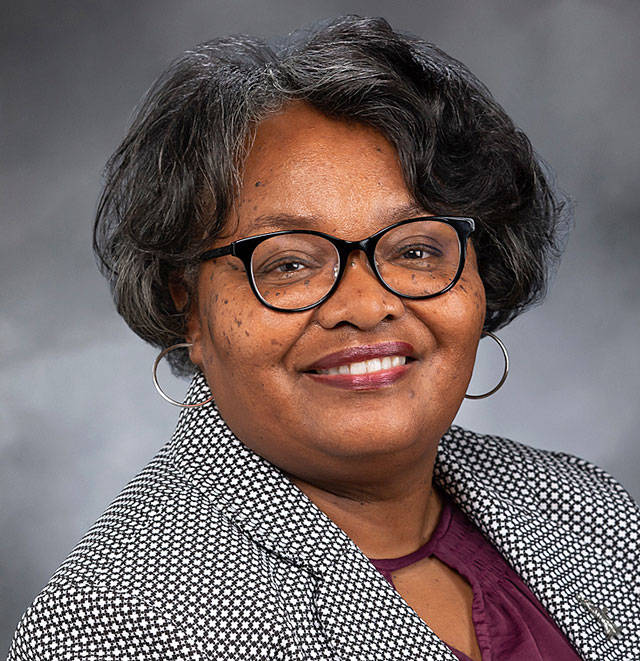A new report by The Hope Center found that 41 percent of survey respondents from Washington community and technical colleges experienced food insecurity in the last 30 days.
The #RealCollege survey, which approximately 13,550 students at 28 Washington community and technical colleges participated in, paints a dire picture of the needs of Washington students, said Rep. Debra Entenman, D-Kent, in a Wednesday Washington House Democrats news release.
“This report is particularly troubling in light of the U.S. Department of Agriculture’s refusal to allow students to use Supplemental Nutritional Assistance Program benefits on college campuses,” Entenmen said.
Last year, recognizing the problem of food insecurity on our community and technical college campuses, Entenman sponsored House Bill 1893 which required the state Department of Health Services to seek a waiver allowing students to use SNAP benefits on campus. This would allow food insecure students the ability to access food options on the campuses where they already spend a large portion of their time.
“The refusal is particularly cruel when looking at the data from this survey,” Entenman said. “The bill the Legislature passed last year was attempting to eliminate barriers for students. Students attending community and technical colleges are working tirelessly to create better prospects for themselves and their families. Our goal is to allow these students to learn a new skill or trade, which they cannot do if they are hungry. To tell these students that they cannot grab a meal on campus with their SNAP benefits is needlessly punitive and counterproductive. It punishes students who are actively endeavoring to become a part of the Washington workforce.”
The #RealCollege survey also found that food insecurity is impacting communities of color at a disproportionate rate. While 39 percent of white students reported being food insecure, that rate was 55% for American Indian students, 54 percent for Black students, and 57% for Indigenous students. Additionally, the survey’s findings also found that over half of community and technical college students experience housing insecurity and 20 percent experienced homelessness in the last year.
“I will continue working to support community and technical college students and eliminate barriers to obtaining a degree,” Entenman said. “Education is the key to diversifying our workforce and creating opportunity in all of Washington’s communities. When students are given the chance to thrive it is good for the economy, good for their families, and good for Washington.”
Talk to us
Please share your story tips by emailing editor@kentreporter.com.
To share your opinion for publication, submit a letter through our website https://www.kentreporter.com/submit-letter/. Include your name, address and daytime phone number. (We’ll only publish your name and hometown.) Please keep letters to 300 words or less.

